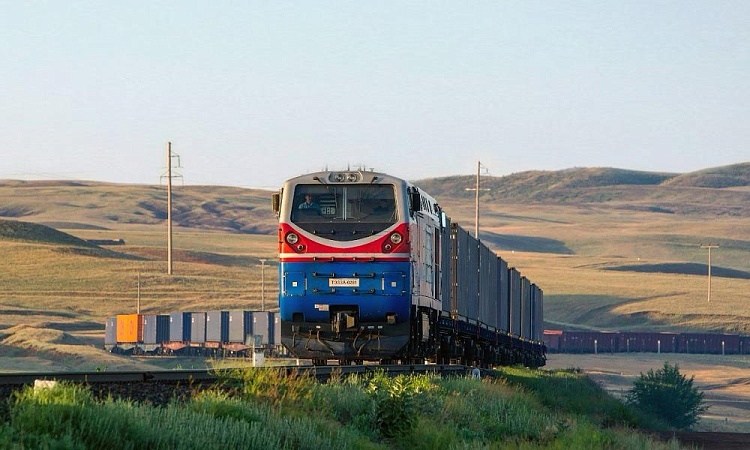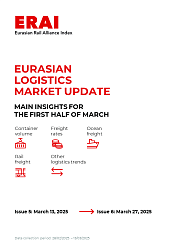Cargo turnover reached 272 billion ton-kilometers, container transit increased to 1.4 million TEU, and transportation volumes through Kazakhstan-China joints increased by 12%, reaching 31.8 million tons. Exports from Kazakhstan also showed an increase of 8.8%, amounting to 13.7 million tons.
The key area of work was the modernization of infrastructure: more than 1,400 km of railways have been updated, construction of new routes continues, including Dostyk — Moiynty and a bypass line around Almaty. The commissioning of these projects in 2025 will double the transit volume to 55 million tons annually. The terminal network is also expanding: construction of hubs has begun in Aktau, Almaty, Budapest and other key points.
A breakthrough achievement was the increase in transit along the Trans-Caspian route by 30 times thanks to the terminal in Xi’an and the development of a digital corridor with PSA. The «Single Digital Window» optimized customer service, combining all of KTZ’s functions into one system. The company’s operational stability is confirmed by Fitch and S&P ratings, emphasizing its reliability in the international arena.





